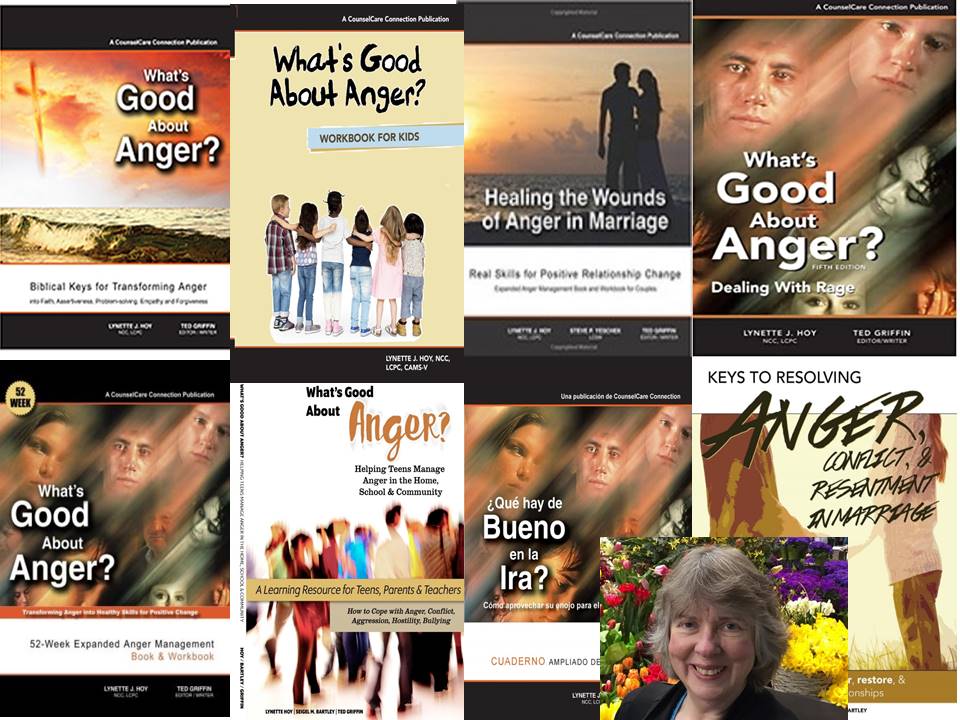
I Was Abused and Now I Abuse
 Question: “I was abused as a child & when I started hitting my little sister, I asked my dad if I could move out. He said no, and I ran away. I was 16. I asked my paster for help and he recommended a The Presbyterian Children’s Home, where I lived for a year, then moved in with my best friends family for a year. I feel I was abused emotionally and felt very left out. Then I lived with my sister, but everytime her and her husband would fight he’d threaten to kick me out. I felt I had no home. Then I moved in with my thirty year-old boyfriend and I’m 18 now. I’ve started hitting him bad. I use hangers, brushes, shoes, etc, just like my stepmom did. I want to stop, He’s still with me, but i don’t know for how long. I love him so much. I’m willing to try anything ’cause i don’t want to be like my stepmom”
Question: “I was abused as a child & when I started hitting my little sister, I asked my dad if I could move out. He said no, and I ran away. I was 16. I asked my paster for help and he recommended a The Presbyterian Children’s Home, where I lived for a year, then moved in with my best friends family for a year. I feel I was abused emotionally and felt very left out. Then I lived with my sister, but everytime her and her husband would fight he’d threaten to kick me out. I felt I had no home. Then I moved in with my thirty year-old boyfriend and I’m 18 now. I’ve started hitting him bad. I use hangers, brushes, shoes, etc, just like my stepmom did. I want to stop, He’s still with me, but i don’t know for how long. I love him so much. I’m willing to try anything ’cause i don’t want to be like my stepmom”
Answer: Dear Friend,
I would encourage you to get some counseling for your anger. If you live in the states, call Rapha’s hotline for a referral to a counselor in your area at: 1-800-383-4673 or see AACC’s directory of counselors. Obviously, you are having a reaction from all the abuse you have suffered in the past. Read some of the articles on anger, abuse and assertiveness on this site.
There are many causes for your anger: feelings of powerlessness, fear, depression and low self-esteem from the past. When you feel trapped, anxious, hopeless and have no confidence in yourself you will easily become frustrated and because of your past abuse you will try to protect yourself whenever you feel helpless. You protect yourself with anger but, it doesn’t work. You only push away the people in your life that you really want to stay by your side. So you sabotage the very thing you want.
Another problem is that you feel you can’t trust anyone. This also has to do with your past and with disappointment in God. People are not perfect but, there are some people that you can trust and God can always be trusted. You just need to give God a chance in your life by getting to know Him better.
What to do? Counseling I believe is first, while, at the same time, growing in your relationship with God will be immensely helpful. Read the article on How to Know God Personally. If you learn more about trusting God your angry episodes will subside because you will experience more peace and hope in your life. And you will understand that God truly cares about you, will help you and guide when situations get tough or confusing — that understanding will help deflate your anger…
Also, you need to learn good communication skills such as assertiveness. If you know how to communicate your needs, make requests, state your preferences and manage conflict you will learn self-control and try to work through disagreements and misunderstandings in your relationship vs. using power and violence to get your way.
On the other hand, you may be dealing with some other issue such as: maybe you are not happy with your situation and with living with this man who is so much older than you and with wholm you are not married. You may be feeling taken advantage of but, feel you have no choice but to be there because of your family problems. I encourage you to explore these issues and challenge yourself first of all to get closer to God so you can ask Him for guidance and find peace in yourself first. Get counseling and get help for your anger. You most likely can control your anger, but, for some reason, you are allowing it to get out of control. Bad behavior patterns like this can be easy to repeat.
Take serious steps to get help and to learn how to control your anger. Also, take some steps to grow personally so you can learn who you are and what you want in life such as getting an education and seeking some career goals. I hope that this is helpful! God bless you! Lynette Hoy, .
How do you normally help yourself calm down when you feel angry?
(check all that apply):
– deep breathing and relaxation techniques.
– prayer.
– counting to ten.
– taking a time-out
– exercising.
– reading the Bible.
– telling myself:“This is not worth getting angry over.”
– thinking about the negative consequences that could result from getting angry and losing control.
– thinking about what the real issue is.
I tell myself:
– “This person is not making sense now.He/she may have had a bad day.”
– “I ‘m going to try to work through this problem reasonably.”
– “I should try to cooperate–he ‘s/she ’s making sense.”
– “Maybe I should take a time-out until I cool down.”
– “I should try to understand what this person is upset about by listening
and paraphrasing.”
Other things you say or do to control yourself or the situation:
_______________________________.
_______________________________.
_______________________________.
Have any of the above coping skills worked for you? Look at a recent situation and rewrite it. See if any of the above self-talk ideas would have helped you.
Take a Time-out: Since anger rears it’s ugly head within 1-3 seconds, a key element to cooling down is to take a time-out. We write about this in the book and cover the necessary steps to take. During the time-out, you can think over the issue, pray and plan to make a request or negotiate some concern.
Anger can be controlled especially when you take time to discover what is underneath the anger: feeling disrespected, invalidated, etc.
But, you decide to get angry. Since anger is a decision, you can make a decision not to get so angry. Some instances require an angry response, but, the response should be healthy coming out in assertiveness and problem-solving. We write about how to turn your anger into healthy ways of responding in the book.
Yes, I believe you can change. I do believe it will take work to change. Working on your thoughts, self-talk, new coping, and better communication and conflict management skills and asking God for strength will help promote change. Consider ordering the book or course below. Also, consider going to individual counseling and marriage counseling. Call Rapha for a counseling referral in your area: 1-800-383-4673. Find an anger management workshop or classes in your area which you can attend. Order the book or an anger management course below.
I hope you find this helpful. Let me know how you are doing. God bless you! Lynette Hoy, NCC, LCPC —
Domestic Violence Resources:
National Domestic Violence: 1-800-799-7233 (safe)
International Domestic Violence directory
Sarah’s Inn (Oak Park, Illinois) 1-708-386-4225 (24 hour hotline)
Illinois Coalition Against Domestic Violence resources: Illinois state Crisis line: 1-800-252-6561
Make a Safety Plan
